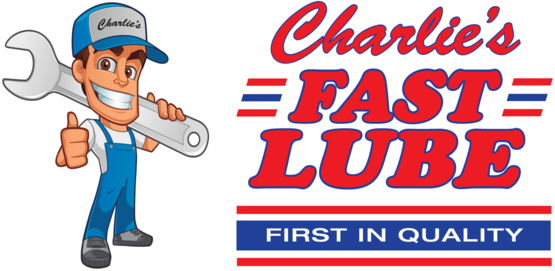Saving Lives in Poplar Bluff with Tire Pressure
June 12, 2022
All new passenger vehicles on our Poplar Bluff, Missouri, roads now have tire pressure monitoring systems – TPMS for short. They are designed to alert you if your tires are underinflated. Since they are fairly new, a lot of people have questions about them.
First off, the most important thing is that you still need to check your tire pressure every week – or at least every time you gas up. The TPMS system alert comes in when your tire is 20 percent below the factory recommendation. So if the recommended pressure is 34 pounds per square inch, the TPMS warning won't come on until the pressure is at 28 pounds. That's significantly underinflated, enough to raise safety concerns.
The worst is tire failure. A severely underinflated tire can overheat and fail. Also, handling degrades to the point that you may not be able to steer out of trouble. Also underinflated tires wear out faster and they waste fuel. So it's costly to not stay on top of proper inflation.
What's the practical value of the TPMS system? Well, it's twofold. First, it can alert you when your tire is losing pressure due to a puncture or a bent rim. That's an important warning that you might not have gotten until next time you gassed up.
The second is that we all occasionally forget to check our tire pressure. So it's a fail-safe system to let you know there's a problem brewing.
Other things can cause your TPMS system to go off. The system also monitors itself. The sensors that are mounted in the wheels have little batteries that send a signal to the monitor. The batteries go dead over time and the TPMS system will let you know. And the sensors could break. Also road salt from our Missouri roads can ruin them.
There's also a hassle factor that your Poplar Bluff, Missouri, tire center has to contend with. For example, when you have your tires rotated in Poplar Bluff, the TPMS system has to be re-calibrated so that it knows which tire is on which corner of the car. Same is true for when you have new tires or winter tires installed. Flat repairs, as well.
That takes extra time. And it requires the right equipment and training. Special – and expensive – tire change machines need to be used with some sensors. It's all complicated by the fact that there are a number of different TPMS systems in use so the tire professionals at Charlie's Fast Lube Poplar Bluff need equipment and training for each kind. Tire centers have had to raise the price of some of these basic services to offset their increased costs.
Also if you add custom wheels on your vehicle, you need to put in new TPMS sensors if your originals won't work on the new rims. If you don't your TPMS light will be on constantly and you won't have the benefit of the warning system.
All in all, the mandated TPMS systems will save lives, so they're worth the added hassle and expense.
Charlie's Fast Lube Poplar Bluff
2020 N. Westwood Blvd
Poplar Bluff, Missouri 63901
573-686-5585
http://www.charliesfastlubepoplarbluff.com
Need Service?
More articles from Charlie's Fast Lube Poplar Bluff

Move it or Lose It (Dormant Vehicles)
February 1, 2026
When it comes to your vehicle, driving it too much can cause some issues. But what about not driving a vehicle enough? That has consequences as well. Here are a few things that can happen if a vehicle isn't driven enough. When the engine doesn't operate, the oil isn't lubricating. That means so... More

Keeping Your Cool (Coolant System)
January 25, 2026
No matter what the weather is like outside, your internal combustion engine expects to keep its cool all the time, even when it's really cold. That's because engines create the power that moves you to your destination by a series of tiny explosions of a fuel and air mixture. In turn, that genera... More

Putting a Stop to Brake Problems (Brake Service)
January 18, 2026
It's safe to say that most drivers take their brakes for granted. You press on the brake pedal and the vehicle slows down or stops. It's easy to see why it is so important for your vehicle's brakes to be working correctly. Brakes are an important safety feature of any vehicle. When it comes to... More










